The Department of International Development is a community of students, staff and alumni who are dedicated to a diverse range of research interests and social causes. Many people connected to ID have digital projects where they write about these interests, share knowledge, encourage discussion and platform critical issues and social movements. Below is a selection of the excellent blogs, websites, podcasts, social media accounts and other digital projects run by members of the ID community.
Ale in Antigua
Ale in Antigua is the blog of Alejandra Padín-Dujon, a Caribbean American climate policy analyst working for the Government of Antigua and Barbuda (all opinions are her own). Having relocated to the island of Antigua in November 2020, shortly after completing her MSc in Development Studies and at the height of the COVID-19 pandemic, she shares observations about how geopolitics, history, culture, international financial institutions, and the global economy shape the local policy environment and everyday life.
_______________
The Black Humanitarian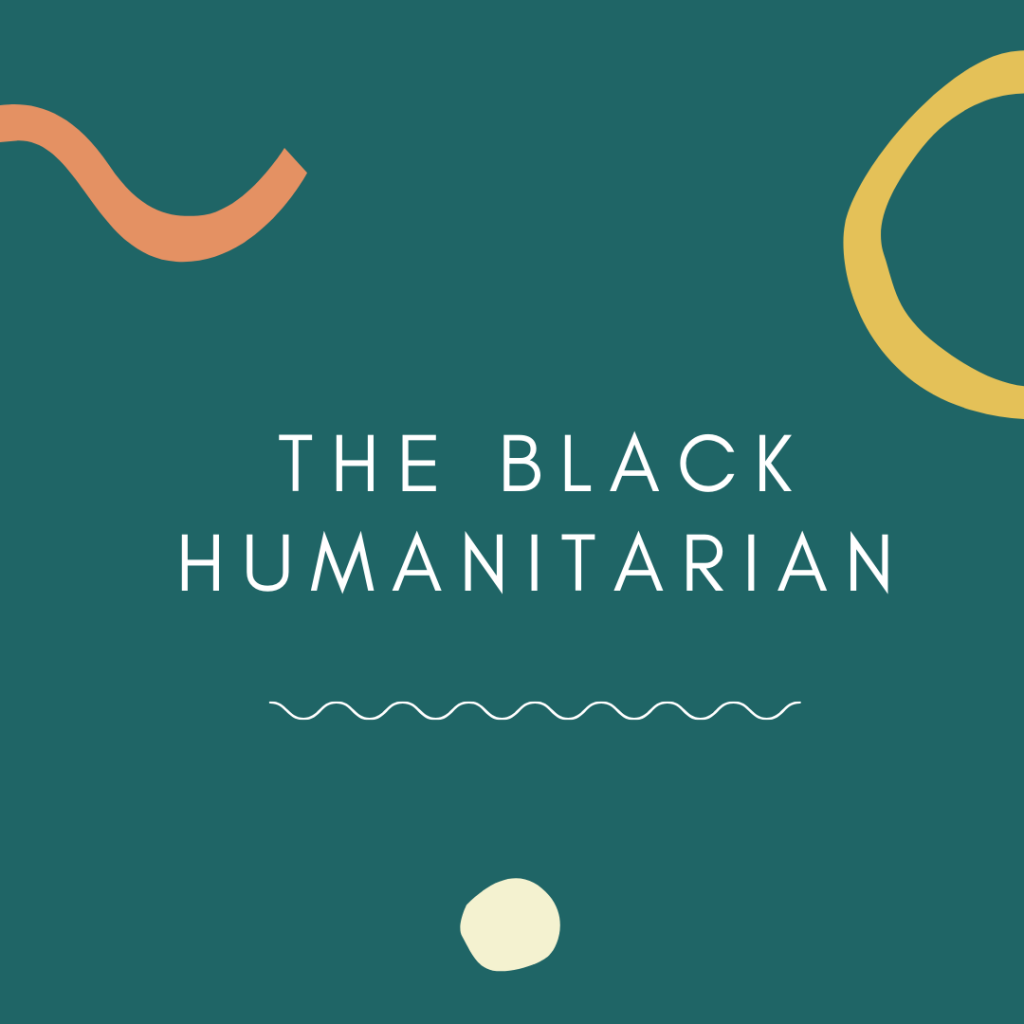
Working as a Black professional within international development, Susan Sebatindira (who graduated from LSE with an MSc in Development Studies in 2014) felt frustrated by the level of underrepresentation of Black people and People of Colour across the sector. Out of this experience, Susan was inspired to create a platform to bring together and amplify the underrepresented voices of the development sector. The Black Humanitarian seeks to create a community amongst Black professionals, as well as showcase their experiences and the realities of being a Black development practitioner. Find them on Instagram and read an article about the project published by Susan on the ID Blog.
_______________
Can You Hear Us?
Can You Hear Us? is a podcast in partnership with the LSE’s first society dedicated to Women of Color in Consulting (WoCo), created by members of the 2020/21. The podcast, run by cohort Monica Abad-Yang, Ana Munoz-Morales, Kiana Shahbazi and Madiera Dennison, is the first initiative of its kind at the Department of International Development and is platformed on the ID blog. It has the overall aim to prioritise BIPOC women and femmes’ specific experiences and narratives by creating a space where we can discuss a multitude of topics that affect us as women, women of colour (WOC) and women in professional spaces such as: Colourism or Work Life Balance.
_______________
The Chadari Project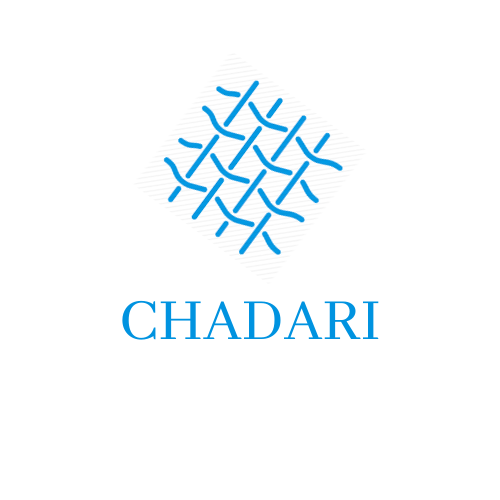
Created by MSc student in LSE Department of Gender Studies, Sveto Muhammad Ishoq in response to the often limited impression of Afghan women as oppressed and voiceless, The Chadari Project is a storytelling platform for Afghan women to express their opinions and perspectives, talk about their achievements, challenges and stories of bravery. The Chadari project aims to move beyond the idea of a single Afghan woman’s narrative by highlighting the circumstances, experiences, successes and failures of women from diverse backgrounds, and thereby eliminate reductive stereotypes. The Chadari project has now expanded and in addition to storytelling, it empowers Afghan women through programs such as public speaking and pen-pal project, connecting Afghan women within Afghanistan and the Afghan diaspora. You can learn more about the project through LinkedIn, Twitter, Instagram and Facebook.
_______________
Citing Africa
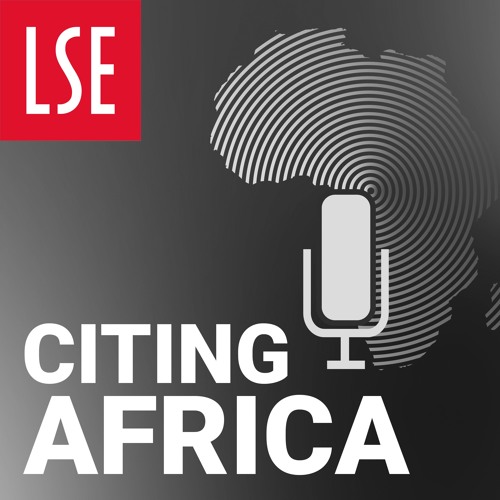 Citing Africa is a podcast and blog series exploring the global construction and imbalances of knowledge production, taking a critical look at the wider context affecting the African continent. The podcast explores the structural factors shaping the type of information we value, how these inform ideas within universities and international organisations, and what this means for debates on decolonisation. Topics discussed on the podcast include journal publishing, international research funding, differences between African Studies and other Area Studies, hegemonic ideas within international organisations and the application of postcolonial theory to global health, digital sectors and social policy.
Citing Africa is a podcast and blog series exploring the global construction and imbalances of knowledge production, taking a critical look at the wider context affecting the African continent. The podcast explores the structural factors shaping the type of information we value, how these inform ideas within universities and international organisations, and what this means for debates on decolonisation. Topics discussed on the podcast include journal publishing, international research funding, differences between African Studies and other Area Studies, hegemonic ideas within international organisations and the application of postcolonial theory to global health, digital sectors and social policy.
_______________
From Poverty to Power
From Poverty to Power (FP2P) on Oxfam Blogs is a platform exploring the latest thinking and action on international development, highlighting issues of power, politics, hope and justice. It is curated by ID Professor in Practice and strategic adviser for Oxfam GB, Duncan Green and anthropologist, activist and researcher Maria Faciolince. Faciolince manages the Power Shifts initiative on the blog, a space for ideas and perspectives that reframe the way we think and talk about development issues and elevates critical voices and people-led initiatives from the Global South. Along with the website, you can keep up with FP2P on Twitter (@fp2p) and Instagram (@PowerShiftsProject).
_______________
Governance from Below
Governance from Below is a website that supports Decentralization and Popular Democracy, and related research projects by Professor and MSc in Development Management Co-Director Jean-Paul Faguet and his colleagues. It includes free-to-download versions of research on local political economy and development including papers and complete books in English and Spanish, as well as full datasets, case studies, questionnaires, videos, photos and interview audio clips of research over the past twenty years.
_______________
Haneen Collective
Haneen Collective is a page dedicated to the media history of Syria – ‘Haneen’ translates to Nostalgia/Longing in English. This project, co-run by MSc Development Management student Serene Habbal, aims to preserve and archive Syrian media and visual culture pre-conflict. Since Syrians now are only seen as victims in current mainstream narratives, this page is a reminder that there are other aspects of Syrian culture and identity. Serene also has her own Instragam page which showcases historical landmarks and cultural spaces of Syria that have been neglected over the years of the conflict.
_______________
#HEAR_MY_VOICE Campaign
Flesh Bone Experiences (FBE) is a website co-run by MSc International Development and Humanitarian Emergencies student Maria Harb. The blog publishes short pieces about topics such as mental health, sexual orientation, and body positivity—topics that are considered taboo in Lebanon and the Arab world. In response to the recent crises in Lebanon, FBE recently launched a campaign, #HEAR_MY_VOICE, in collaboration with a local NGO, Elgorithm, which works on providing schools with free access to digital mental health programs. As part of a campaign, they are launching a video to raise awareness on the state of youth mental health in the country.
_______________
Impact.ivist
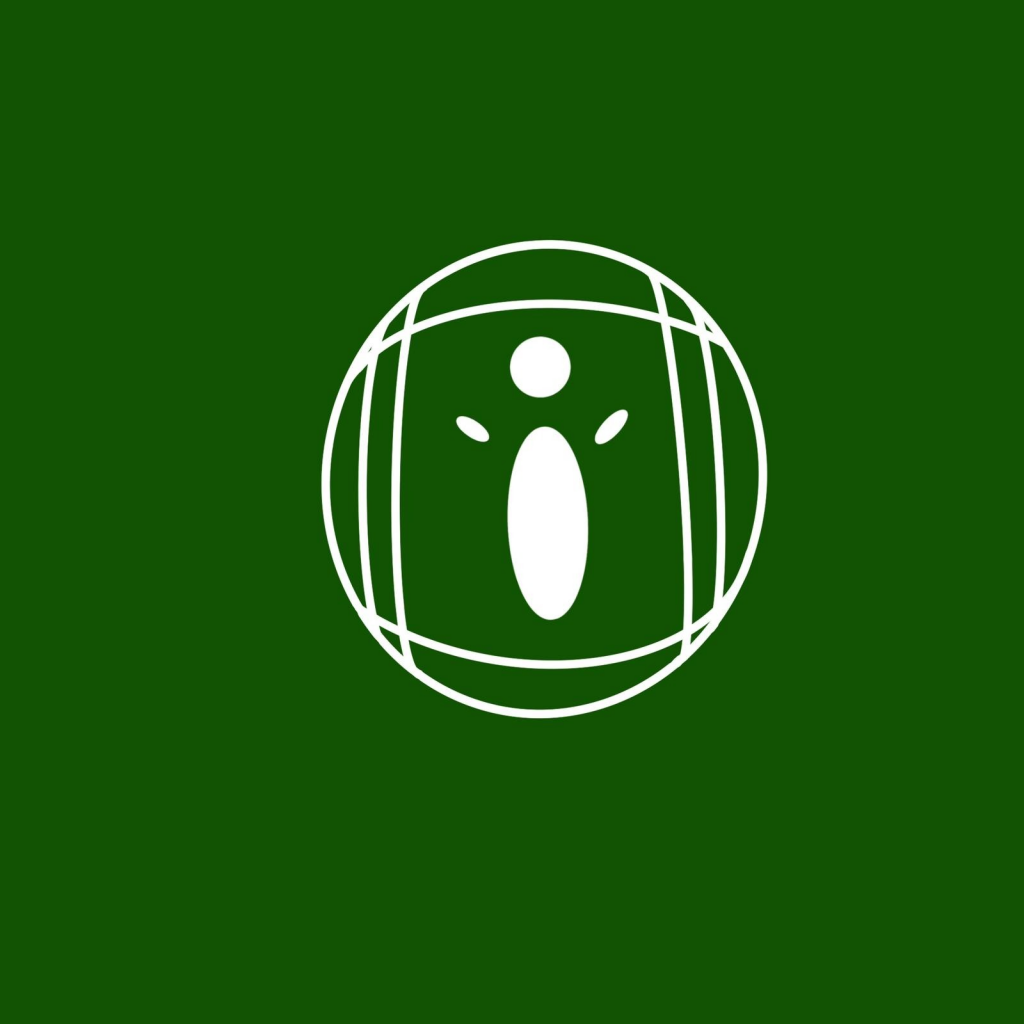 The Impact.ivist Instagram account was created by a group of MSc students from Duncan Green’s course, DV455 Advocacy, Campaigning and Grassroots Activism. Students Sofia Kellogg, Sarah Jabir, Serene Habbal, Madison Miszewski, Vishal Kothari and Élise Pinas were inspired by the activism they were learning about in class and wanted to apply their newfound knowledge to a cause. Recognising that it can be difficult to keep up with current events and different activist movements, Impact.ivist is a platform to spread awareness about campaigns and notable activists and provide links to resources in that followers can engage with, from petitions to activism toolkits. You can read more in a recent post on the ID blog.
The Impact.ivist Instagram account was created by a group of MSc students from Duncan Green’s course, DV455 Advocacy, Campaigning and Grassroots Activism. Students Sofia Kellogg, Sarah Jabir, Serene Habbal, Madison Miszewski, Vishal Kothari and Élise Pinas were inspired by the activism they were learning about in class and wanted to apply their newfound knowledge to a cause. Recognising that it can be difficult to keep up with current events and different activist movements, Impact.ivist is a platform to spread awareness about campaigns and notable activists and provide links to resources in that followers can engage with, from petitions to activism toolkits. You can read more in a recent post on the ID blog.
_______________
IN HER WORDS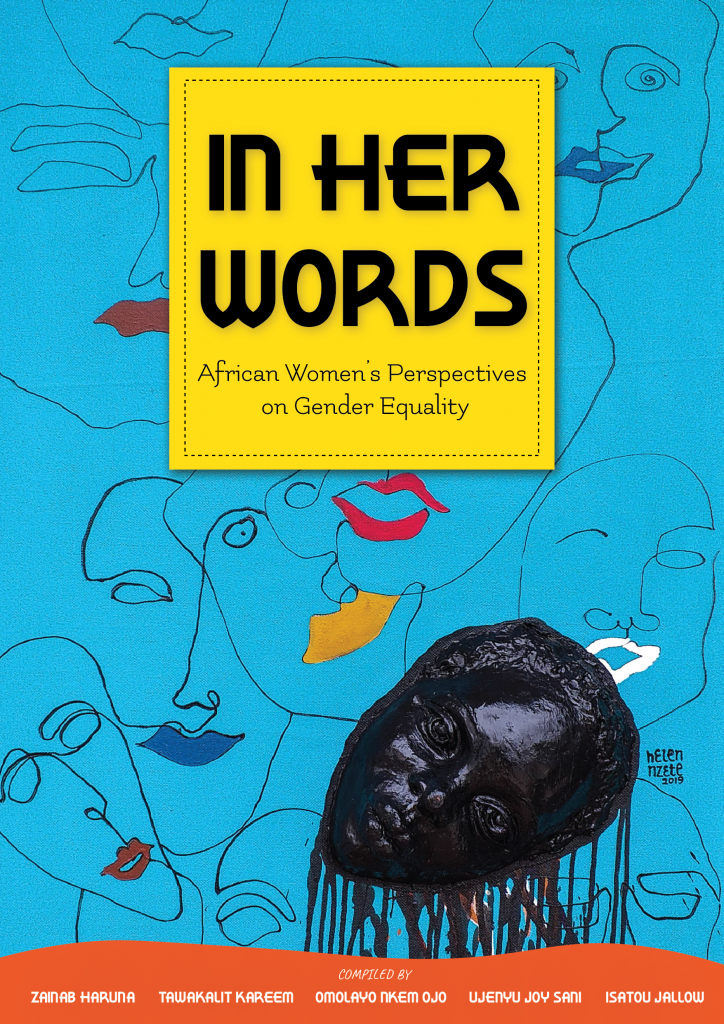
IN HER WORDS anthology is a collection of essays and stories written by fifteen women from seven African countries. It showcases the lived experiences, stories and perspectives of African women on issues of equality, representation, GBV, inclusion and feminism. Two of the other contributors to the collection – Victoria Malowa and Priscilla Bretuo – are graduates from the LSE ID department. You can download a copy online here and you can also follow this project on Twitter and Instagram.
_______________
NaijaPolitoons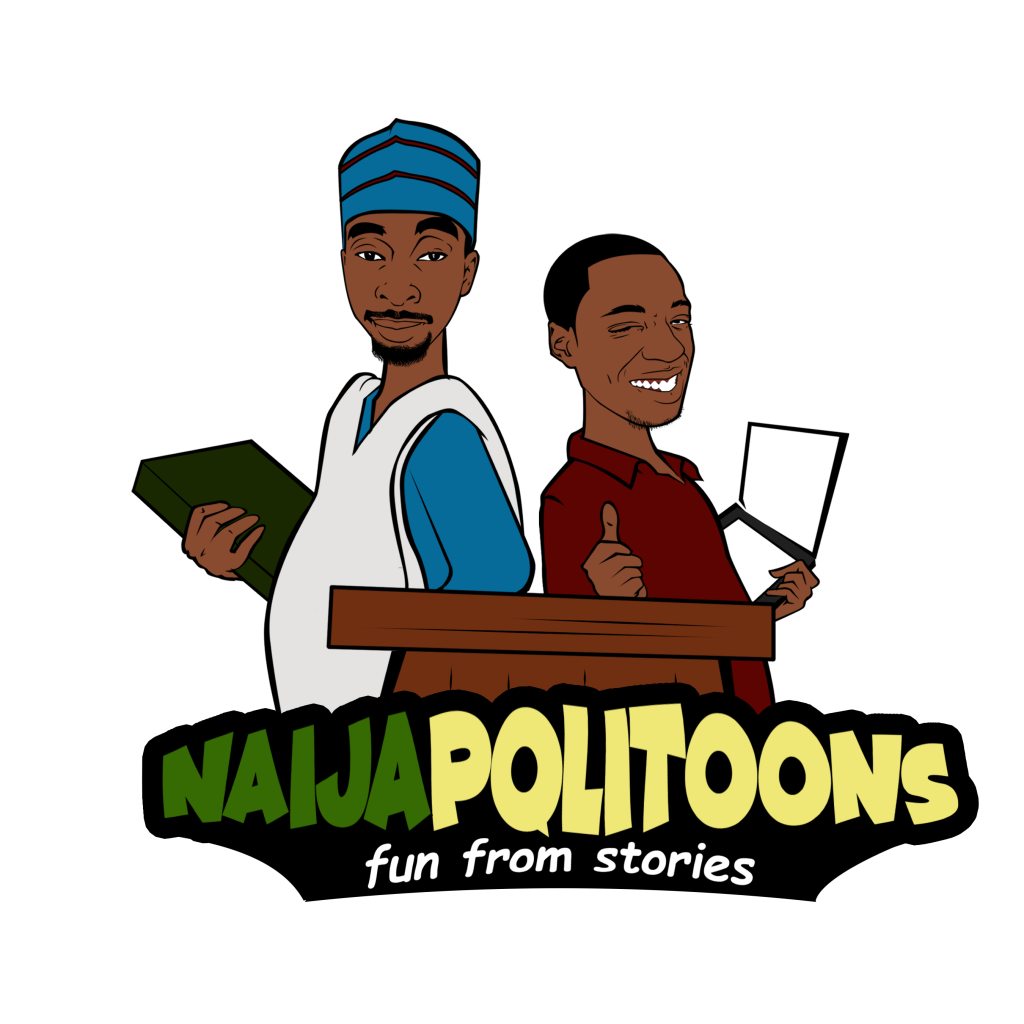
NaijaPolitoons is a non-profit organisation co-founded in 2020 by International Development and Humanitarian Emergencies MSc student Boluwatife Ajibola, who is also its current Director. NaijaPolitoons creates cartooned contents in the pursuit of democratic consolidation and governance reflective of public interests. They leverage humour as an advocacy tactic through which they seek to drive public engagement with trending discourses to steer positive change and action. Check out and follow Naijapolitoons on Twitter, Instagram and Facebook.
_______________
Noelle Wonders 
Marie-Noelle Nwokolo, a 2018 graduate from the Development Management programme, curates and runs a blog called NoelleWonders. NoelleWonders is an Africa-focused blog created at the onset of the pandemic to engage young people looking to familiarize themselves with thoughts, ideas and interesting work in the development space. The goal is to create an open space for people to share their thoughts and engage conversations around big ticket development questions, best practices from elsewhere, and what practical solutions to some of the continent’s issues could look like. You can also follow NoelleWonders on Instagram.
_______________
Open Americas
Open Americas (OA) is a platform for sharing content that engages with contemporary social issues facing the Western Hemisphere. The platform, co-founded in 2017 by current MSc Development Studies student Madeline Asta, advocates a diversity of thought through information, whether it be conveyed through research, literature, reviews, or photographs. OA encourages open, respectful debate and critical thought.
_______________
Pass the Pepper
In response to the recent events  concerning violence against women in the UK and the US, two ID students, Sarah Jabir and Claire Wever, have started a campaign calling for the immediate legalization of pepper spray for purposes of self-defence. With around 97% of women aged 18-24 in the UK having been sexually harassed at least once, Sarah and Claire have started this campaign in order for women and other vulnerable people, including the LGBTQI+ community, to access a means of protection against sexual harassment and assault. You can learn more, sign their petition to the UK government and follow their Instagram account via their Linktree.
concerning violence against women in the UK and the US, two ID students, Sarah Jabir and Claire Wever, have started a campaign calling for the immediate legalization of pepper spray for purposes of self-defence. With around 97% of women aged 18-24 in the UK having been sexually harassed at least once, Sarah and Claire have started this campaign in order for women and other vulnerable people, including the LGBTQI+ community, to access a means of protection against sexual harassment and assault. You can learn more, sign their petition to the UK government and follow their Instagram account via their Linktree.
_______________
RE: Project
Founded in 2019 by ID graduates Lucy Lu and Stella Yoh, RE: Project is a careers service and community for students, graduates, and young professionals working in social science-related fields. Its mission is to re-think, re-skill, and re-imagine the future of work for clients and community members by offering personalised career development support. In partnership with leading social science universities and employers, RE: Project offers cutting-edge careers content, exclusive job referrals and volunteering opportunities, customised career packages, networking events, professional skill workshops, and more. As well as the RE: project website, you can follow RE: Project on LinkedIn, Facebook, Twitter, YouTube and Soundcloud.
_______________
Rice and Fish Curry
In 2007, an innovative project which combined asset transfers, with livelihoods training and intensive mentoring was piloted in West Bengal with 300 women who belonged to some of its poorest families. The project was intended to help them to move out of extreme poverty onto more sustainable livelihood trajectories and as part of it, six of the participating women were interviewed in 2007 when they were just joining the project for a documentary film. The team returned in 2018, a decade later, to find out to what extent the project had fulfilled its promise. The documentary, Rice and Fish Curry, was produced by Professor of Gender and Development Naila Kabeer (@N_Kabeer) and directed by Gautam Bose. Read more about it and watch the film here, and you can also read a working paper on the subject published by Naila Kabeer in January 2020.
_______________
Tasha Fairfield: Resources on Bayesian reasoning
Bayesian reasoning is an exciting new method for qualitative case-study research that helps us make the best conclusions we can from the evidence in hand, however incomplete and limited that evidence may be. Tasha Fairfield, an Associate Professor in the Department of International Development, has a web page with various articles and resources for those who are interested in learning more about this approach and how we can use it to improve our judgements about how strongly the information we have supports a given explanation over rival hypotheses.
_______________
Women in International Affairs Network (WIAN) 
The Women in International Affairs Network (WIAN), co-founded by LSE Public Policy and Administration alumna Amandla Uzoka-Jarrett, is a digital learning platform and community hub advancing the professional development of women in the international affairs sector, and securing them with job opportunities through mentorship, upskilling and networking. WIAN is a social enterprise aiming to democratize access to careers in international affairs for all women, by equipping them with the skills, knowledge, and social capital to gain career advancement and become global change makers. You can follow them on LinkedIn, Facebook, Twitter and Instagram.
There will be a link to this blogpost on the homepage of the ID website. If you are a student, member of staff or alum from the Department of International Development and have a website or project you would like us to highlight, get in touch with Communications and Events Officer Anna D’Alton: a.dalton@lse.ac.uk.
The views expressed in this post are those of the authors and in no way reflect those of the International Development LSE blog or the London School of Economics and Political Science.



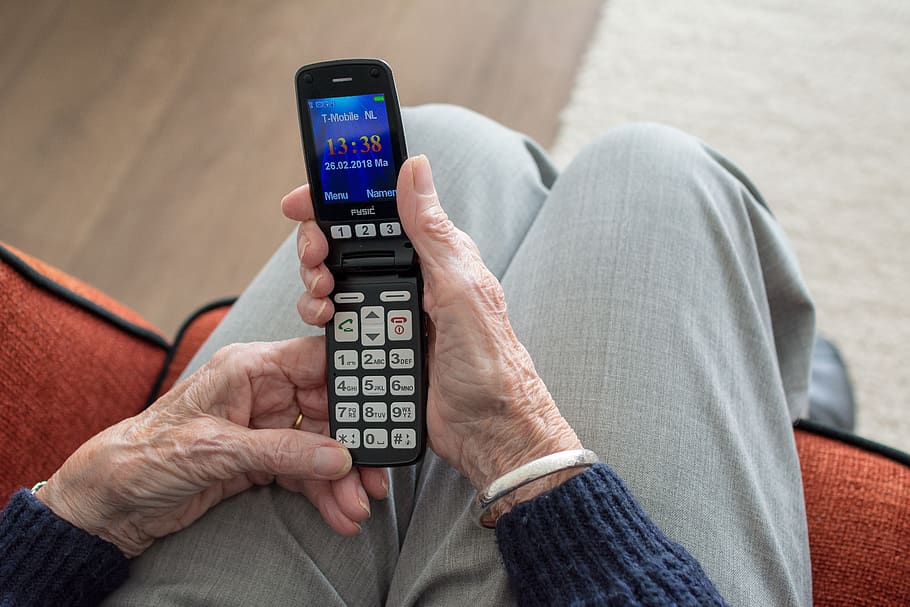
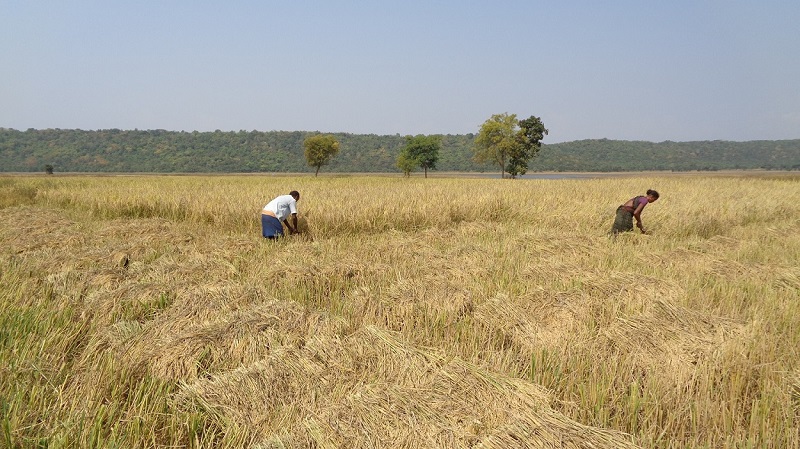

Great list, thanks!
Brilliant! Have tweeted!